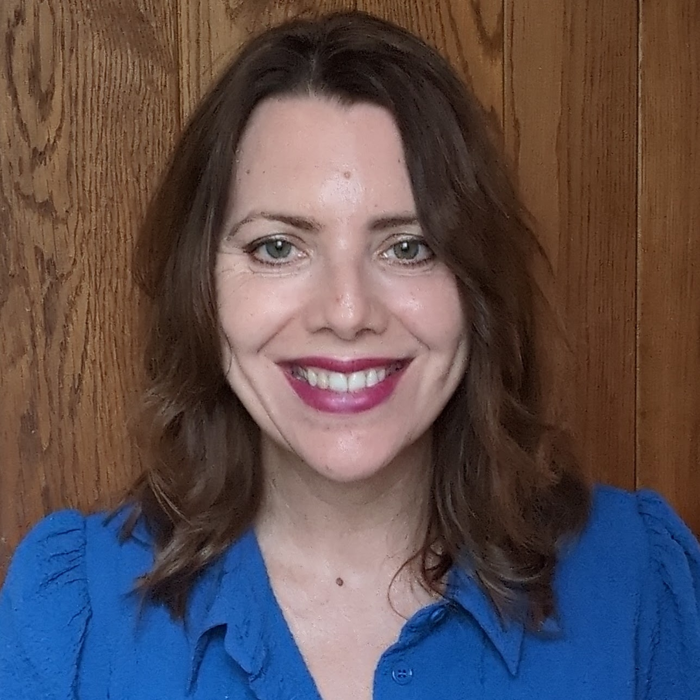Alexander Technique Overview: Foundational Principles, Current Research, and Significance in Voice Training
Wednesday 16th October 2024, 2:00 PM - 4:00 PM (London Time)
The Alexander Technique is a re-educative process embracing the connection between mind and body. For over a hundred years, the principles advocated by F.M. Alexander have been taught to alter injurious habits, reduce chronic tension, identify more efficient movement patterns, improve vocal timbre, and minimize performance anxiety. This introductory course will identify and discuss core principles of the Alexander Technique, its potential benefits to voice users, as well as practical applications beyond better posture.
There is evidence in voice pedagogy literature to suggest that many singing and acting teachers believe that lessons in the Alexander Technique benefit the voice. Postural improvement is the most commonly cited reason for studying the Technique, however, many Alexander teachers contend that this view represents a limited understanding of the Technique.
This overview will be presented in lecture format, with interspersed workshop elements, to encourage exploration of the how over the what. At the conclusion of the course, participants will have a preliminary understanding of the Technique’s precepts, and how the Technique may benefit those who wish to improve their singing or speaking. Existing Alexander Technique/voice research will also be discussed.
Michele Capalbo
Michele Capalbo is a performer, adjudicator, lecturer, teacher and researcher. A Canadian singer with over two decades of international performance experience in opera and concert, her specialty is the music of Verdi and Puccini.

Attend this course for as little as £22 as part of the Voice Professional Training CPD Award Scheme.
Learn MoreSorry, this is an archived short course...
We have plenty of upcoming short courses coming soon. See details of some of them below or look at the full list of short courses.

Tuesday 13th January 2026
5:00 PM - 6:30 PM
Tuesday 20th January 2026
5:00 PM - 6:30 PM
Tuesday 27th January 2026
5:00 PM - 6:30 PM
Tuesday 3rd February 2026
5:00 PM - 6:30 PM
Tuesday 10th February 2026
5:00 PM - 6:30 PM
(London Time)
Introduction to Postgraduate Academic Skills - Join Live!

Debbie Winter
Are you ready to elevate your academic journey? Hosted by our very own Debbie Winter, join our comprehensive Introduction to Academic Skills course, designed to equip you with essential tools and strategies for success in higher education. Perfect for bridging the gap between undergraduate and postgraduate study, this course offers a pathway to our full MA for students without an existing degree. We offer both live, interactive sessions and standalone, pre-recorded content.

Thursday 15th January 2026
5:00 PM - 7:00 PM
Thursday 22nd January 2026
5:00 PM - 7:00 PM
Thursday 29th January 2026
5:00 PM - 7:00 PM
Thursday 5th February 2026
5:00 PM - 7:00 PM
Thursday 12th February 2026
5:00 PM - 7:00 PM
(London Time)
Trauma-Sensitive Voice Professional Certificate with Dr Elisa Monti

Dr Elisa Monti
Updated for 2026, this five-part certificate course is designed to help participants learn the theory and practice of trauma-sensitive approaches. The concepts and activities included are tailored to meet the needs of voice specialists who want to acquire more specific tools to navigate the space with their students and colleagues.

Monday 9th February 2026
5:00 PM - 7:00 PM
(London Time)
Certificate in Applied Voice Pedagogy with Adam Roberts

Adam Roberts
Spring Immersive - live and interactive learning! This 12-week online programme is designed for voice professionals committed to deepening applied voice pedagogy skills and advancing professional practice. The course offers a rich environment to reflect on your teaching philosophy and develop applied pedagogical techniques. It is ideal for voice teachers, coaches, therapists, and performers seeking to bridge foundational knowledge with practical, student-centered applications.
